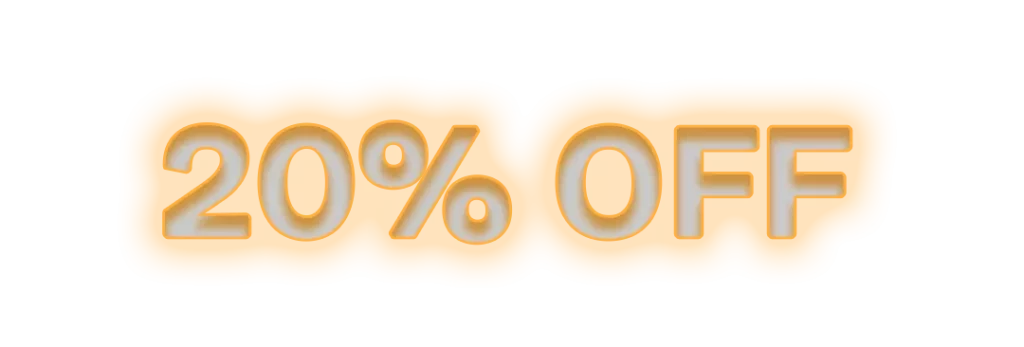It is allowed – as long as the sum of the Rented Out Date and the recurrence span equals the current date or a future date.
Here is why that is:
- When a user wants to add recurrence to an ongoing order, they will select the span and the end date of recurrence. However many days they choose as the span, the ongoing order will be checked in after this period of days has concluded (starting from the Rent Out Date of the order).
- A new order would then be created with the same specifications and duration as the previous order. But the Rented Out Date of this new order cannot be a date that has already passed.
Let’s explore an example.
You rented out an order on the 1st of January for a period of 10 days. On the 5th of January, you wished to edit the order and add a 2-day recurrence to it.
Now, with a recurring order in the mix, the first order would have to be checked in on the 3rd of January so that a new one can be created on the same day. This won’t be allowed as the Rent Out Date for the second order would have already passed.
If you want to add recurrence to such an order, you will have to select a longer recurrence duration so an order can be returned (and a new one created) on the same date or a future date. In this example, the allowed recurrence duration would be at least 4 days.



